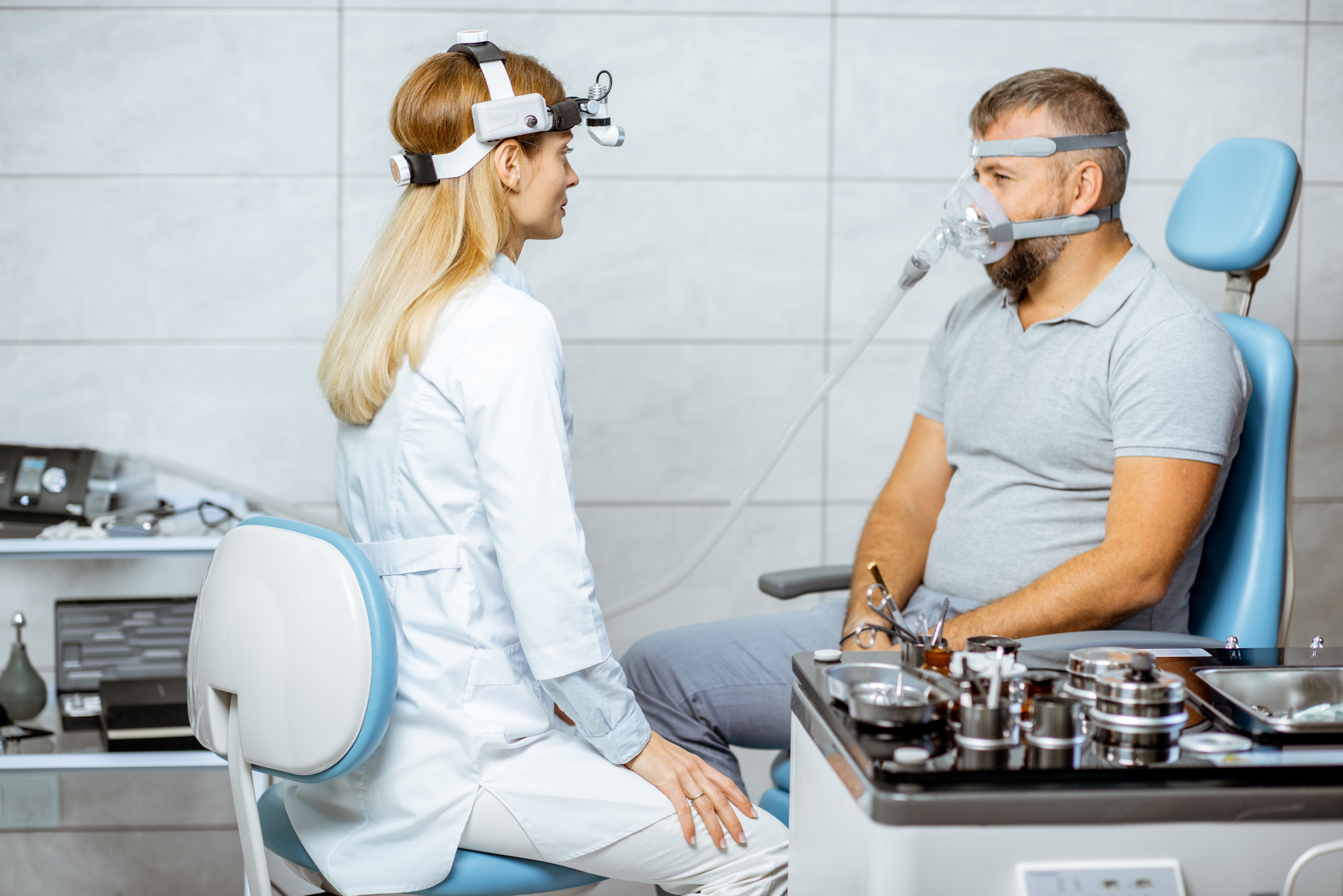I’m going back and forth on getting a CPAP machine.
I’ve had issues with snoring and minor apnea, but after a bout of Covid (my first) in July, it was much more noticeable. So I just recently finished the process of first appointment after PCP referral → interview → at-home sleep study → review.
The results? Mild Obstructive Sleep Apnea, which is in line with my personal (if groggy) evaluation. No central (deep sigh of relief), and over the course of 8 hours, only 3 full stops, but 86 partial obstructions with noticeable drops in blood oxygen and increase in heart rate.
The thing is I don’t use my health insurance much beyond preventative care, so most of my deductible remains - I’d be paying 80-90% out of my pocket. And the further I put Covid behind me, the closer I get to my prior levels of snoring/apnea, which while irritating, don’t quite justify over a grand of out of pocket costs.
Right now, for various reasons (appearance, health, being far to close to the edge of pre-diabetic in the last PCP physical) I’m working on weight loss. Slow but steady, which will also improve things, although to get to the goal BMI is probably going to take 2-3 years given fudge factor for holidays, etc.
So I totally sympathize with the OP - I don’t think it’s a racket, but it is 100% part and parcel of our for profit medical care system in the US.
Giving minor credit to the Sleep Study clinic I was at, they did not push me hard on the CPAP (technically APAP) - they’ll put together the prescription, and then if/when I do it, want to review, download, and customize once I’ve had 1-3 months of experience.
